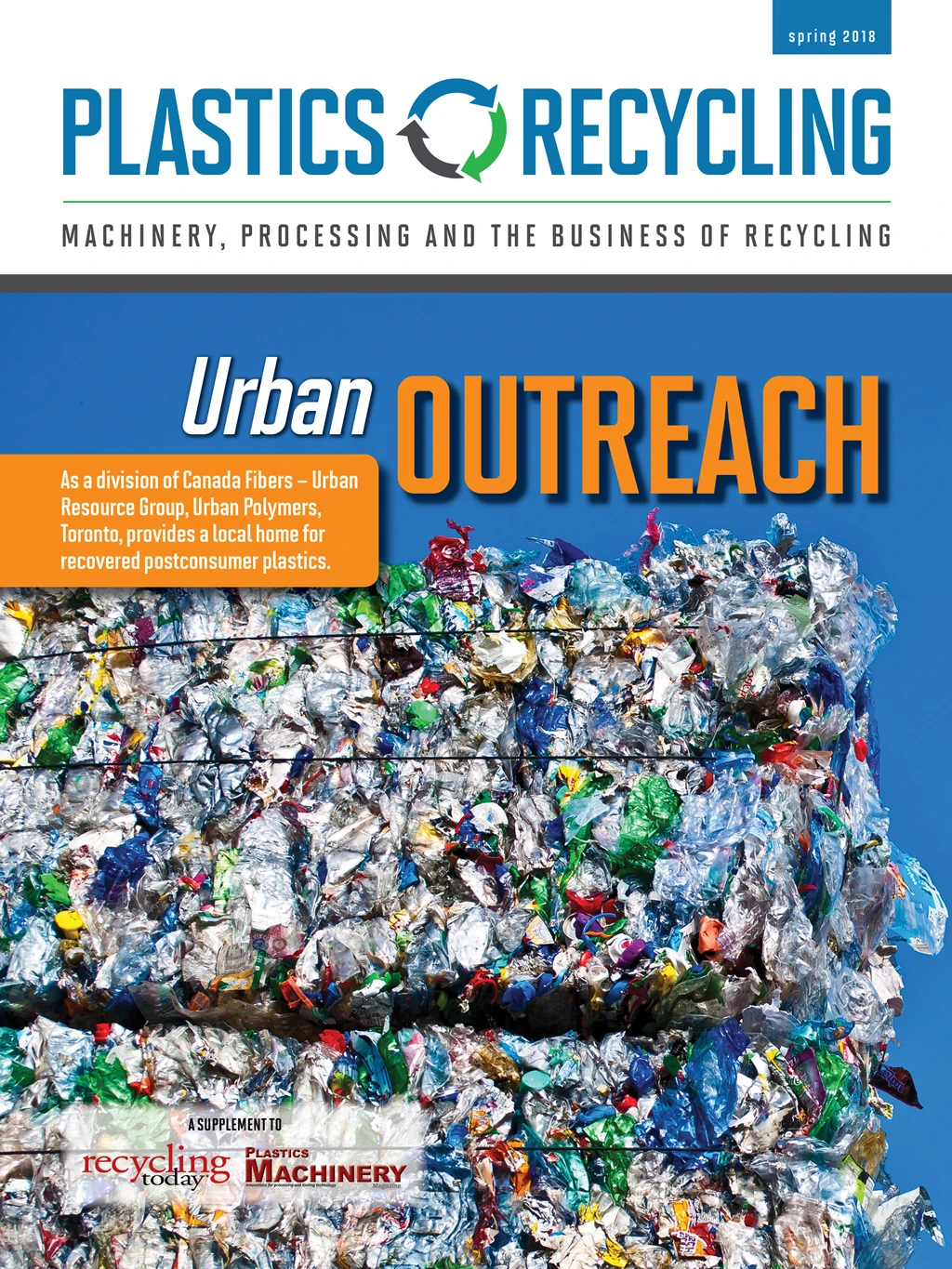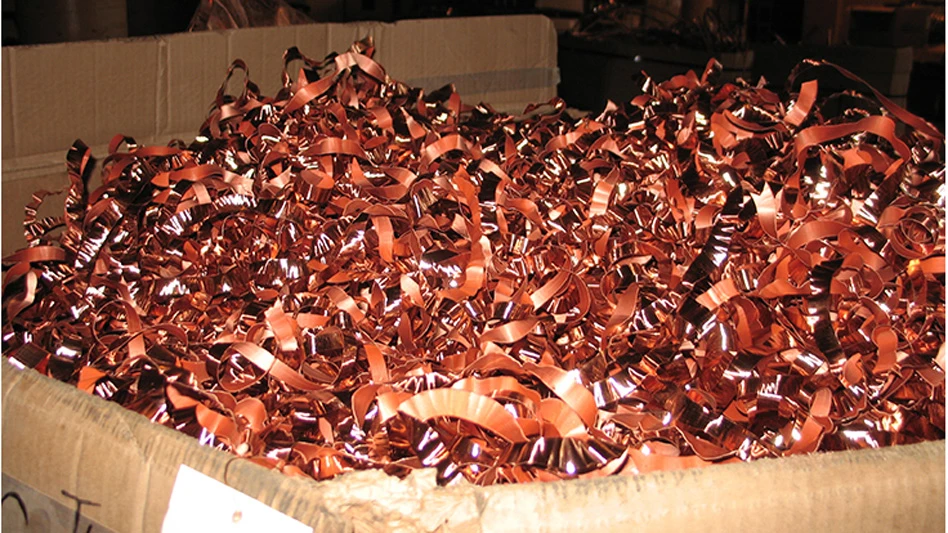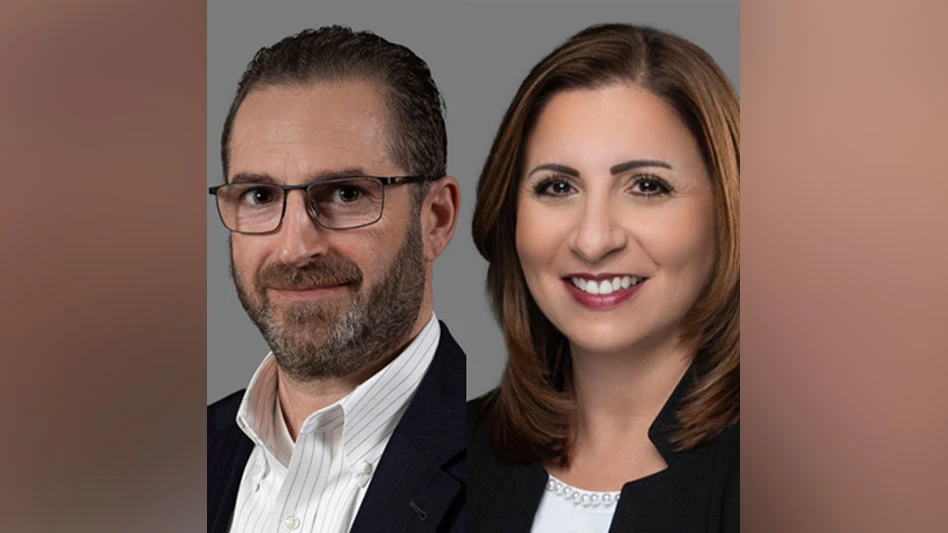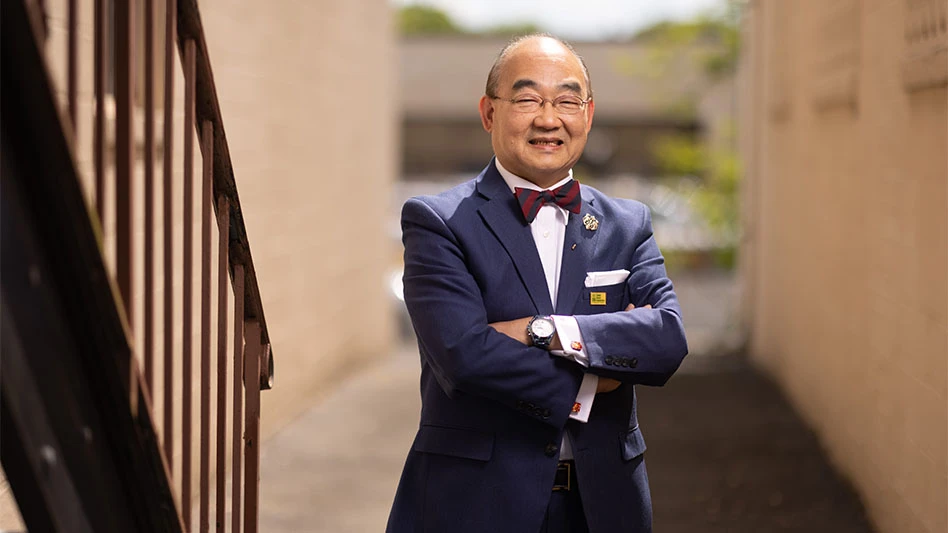
Equipment recently purchased by plastics recycler and recycled-compounds manufacturer Birch Plastics, Houston, has allowed the company to expand its services and to bring some previously outsourced operations in-house.
Historically, Birch’s core business has been grinding postindustrial scrap plastics, offering them for sale in the form of regrind or compounded pellets. But the company had the capacity to produce only its own virgin and recycled resin compounds. Now, however, Birch Plastics has established a division dedicated to toll compounding services, primarily for postindustrial plastics mixed with virgin resins and additives. It’s also created a division that oversees R&D and material trial runs on a used, pilot-scale twin-screw extruder it acquired last year.
Birch’s expansion into toll compounding was made possible by its acquisition of two used, single-screw compounding extruders and related equipment. One of the single-screw machines is a 4.5-inch Davis Standard NRM extruder with a 32:1 L:D ratio (length of the screw to its outside diameter) and an electric-hydraulic screen changer. It’s used in line with a Beringer underwater pelletizer and a spin dryer. Underwater pelletizing is a new capability for the company. The other extruder is a 4.5-inch HPM model with a 30:1 L:D ratio that features a PSI-Polymer Systems screen changer, TSM mixer
The two single-screw extruders collectively have an annual throughput of up to 18 million pounds and have been processing high-density polyethylene (HDPE), acrylonitrile butadiene styrene (ABS), nylon, high-impact polystyrene (HIPS) and polypropylene (PP).
Company officials say they hope to add another extruder in the second half of this year, which also will be a single-screw model.
In addition, Birch purchased a new grinder last year, and it has a three-year contract with another company for use of the machine. The grinder is a 150-horsepower Herbold model.
“It gives us more ability, so now we are a one-stop shop,” Birch Vice President Brandon Cleary says. “A big company, let’s say a bucket manufacturer
Birch purchased a Herbold aspirator to removes fines from
“The aspirator lets us have a much higher-quality product going out the door,” Cleary says. “So, our customers have better success running recycled material buying ours because there (are) no contaminants in it whatsoever.”
Birch’s new division for R&D and trial runs produces its own proprietary recycled and virgin resin compounds and offers those services to customers that want to test their own formulations. The twin-screw pilot-scale extruder is a 43-millimeter Comac model with an L:D ratio of 32:1. With it, Birch no longer needs to pay outside companies for R&D services.
“We had the hardest time trying to find people to let us do some R&D developmental work,” Cleary
He continues, “So, we went around to four or five different companies, and we just wasted so much time and money. Eventually, we decided, you know what, we’re just going to go ahead and invest in the equipment ourselves because we can’t find the service around here locally.”
Birch spent an average of $20,000 to $25,000 on materials and machine time per trial run when using outside vendors. “But since we couldn’t be part of the process, they didn’t show as much love and messed it up, and we just had $25,000 of waste, plus we had to pay their fee for them to waste our material,” Cleary says.
The company spent about $100,000 on trials with outside companies before it decided to buy the pilot-scale extruder.
Birch sells this capacity to other businesses as a toll or private labeling service.
“We have an open-door policy, so people can rent out our equipment by the day or the week and bring their own developmental team in there and use our labor,” Cleary says, “and then run as many experiments as they want, and then run it on our big lines as well. They get to come in and be part of the process. That’s the key.”
In all, Birch invested about $400,000 in the machinery and setup, Cleary
“We’re doing a lot better now; there’s so much more control,” Cleary says. “Because it’s our product, so we care more.”
For more information: Birch Plastics, 713-433-1898, www.birchplastics.com

Explore the May 2018 Plastics Recycling Issue
Check out more from this issue and find your next story to read.
Latest from Recycling Today
- Nexwaste acquires 3 Texas businesses
- Maryland EPR bill awaits signature
- ABTC sells Fernley, Nevada, property
- Aqua Metals developing LFP recycling process
- RMR ceases shredding operations in Newport, Kentucky
- Bluewater streamlines solar panel replacement, recycling in Bermuda
- Steve Levetan to receive ReMA Lifetime Achievement Award
- ReMA, Germany’s VDM issue joint tariff statement






